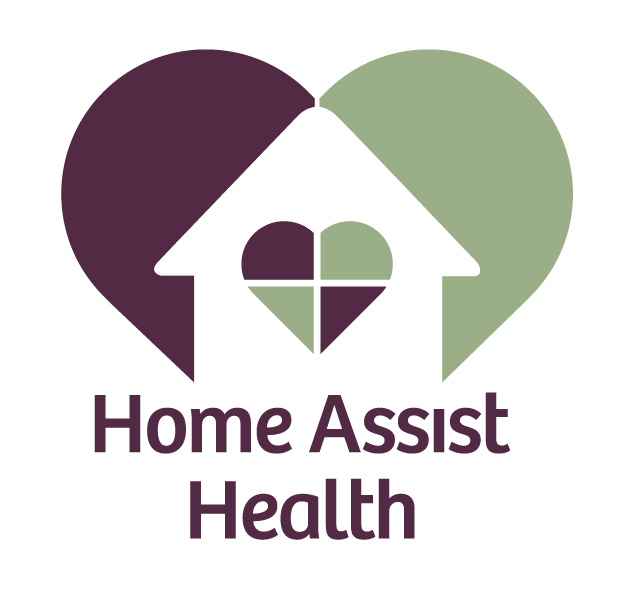
Moms, dads, spouses and friends often bring their loved ones to the emergency department. But it’s not every day that a puppy named Codi brings in its master. That’s what happened on New Year’s Eve of 2019.
When you’re sick, your four-legged family members can provide enormous comfort just by being there. When you’re sick enough to be hospitalized, though, pets generally are not allowed to visit unless they meet the requirements to be a service dog. But a growing number of hospitals around the country are allowing furry family members to visit — with great results.
On New Year’s Eve in 2019, a patient was admitted at Valleywise Hospital with a life-threatening condition. It immediately became clear that his dog, Codi, was needed to help the patient cope with his hospital stay. The personnel at the hospital sought out resources to walk and feed the dog while he was at the hospital with his master.
“We have workflows and processes that we try to follow,” said Lene Hudson, Director of Care Management at Valleywise Health. “We spent the whole day trying to find a program that would fit for both the dog and the patient.”
Lene reached out to Home Assist Health, a non-profit organization that helps people live a self-determined lifestyle regardless of any precondition, to find out how they could support the patient at the hospital. Although a bit unconventional for the company, Home Assist Health stepped in to have someone take Codi for walks and feed him during his owner’s stay at the hospital.
“When a family pet visits, it’s a real morale booster for the patient. It’s comforting for them to be able to bring a piece of their normal life to the hospital,” Lene said. “So we knew how important it was to find a way to take care of the dog and the patient.”
Healthcare in Arizona offers extensive partnerships like the one with Home Assist Health to assist providers and patients with any need they may have. For Codi and his master, this story was just the beginning.
Unfortunately, the patient returned to the hospital a few weeks later, and shortly thereafter, he was transferred to Hospice of the Valley. The question was, how was Codi going to be with his owner now that his owner was nearing end of life?
“It was the most beautiful coordination of care on a busy holiday,” said Jill Krmpotic, palliative care nurse practitioner at Valleywise. “It took multiple health care agencies to ensure the patient’s dying wish to be with his dog and get him comfortable in a home setting of a hospice unit was granted.”
After a long shift at the hospital, Jill took it upon herself to call Hospice to explain the situation, and eventually was able to secure approval for Codi to stay with his master without compromising appropriate care. She even packed Codi up in her own car and drove him to his master ensuring this little family of two would be together until the end.
“I’ll never forget how grateful the patient was during this whole time,” said Jill. “At the end of the day, everyone was here to do the right things and they stop at nothing to make things happen for patients.”
Jeff, an employee at Hospice of the Valley, received a text message from his boss shortly after the patient’s passing.
“You wanted a senior dog to adopt right?”
“She added some thoughts to the text that really tugged on my heart strings, and so I agreed to meet him,” said Jeff.
It wasn’t long before Jeff and his partner Jeffrey fell in love with Codi. Codi climbed into the back of their car and was off to his new home.
“Codi now has a furry sibling, a Labradoodle, who keeps him young. He has adapted to our lifestyle very well,” Jeff added.
When you take care of someone, looking at the whole person beyond the illness can make a big difference, even at the end of life. Community partnerships among health centers including Home Assist Health provide comfort to patients during times of transition.
Social determinants of health are about connecting patients with community resources that they may not be able to find on their own. Successfully keeping Codi with his master shows the possibilities of personal determinants of health. All of the healthcare providers involved prioritized the patient’s personal and social need for peace, AND, at the same time, found his furbaby a happy new home upon his passing.
